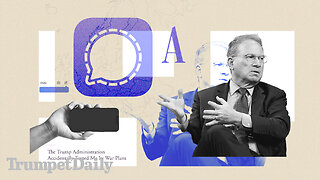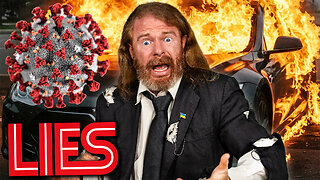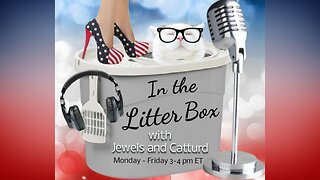Premium Only Content

Blonde Jokes
Blonde jokes are a genre of humor that typically portrays people with blonde hair, especially women, as less intelligent or naive. These jokes are generally based on stereotypes and often reinforce negative biases about blondes. Here's a deeper look at this type of humor, including its context, implications, and the reasons to approach it with caution:
1. Stereotypical Themes
Common Jokes: Blonde jokes often involve scenarios where a blonde character misunderstands simple concepts or fails to solve basic problems. Examples might include playing on ignorance about technology, science, or everyday tasks.
Characterization: Blondes in these jokes are typically depicted as lacking common sense, intelligence, or critical thinking skills.
2. Origins and Evolution
Historical Context: The stereotype of blondes being less intelligent has historical roots and has been perpetuated through popular culture, including movies, television, and literature.
Pop Culture Influence: Characters like "dumb blondes" in movies and TV shows have contributed to the spread of these stereotypes. This portrayal has been popularized by certain actresses and comedic roles.
3. Impact and Criticism
Reinforcing Bias: Blonde jokes can perpetuate harmful stereotypes, contributing to a culture of discrimination and sexism. They can create or reinforce prejudices against individuals based on hair color, which is unfair and inaccurate.
Gender and Sexism: Many blonde jokes have a gendered undertone, targeting blonde women more than men. This can add to the broader issue of sexism in humor and popular culture.
Impact on Individuals: Jokes that target specific groups can affect people's self-esteem and sense of identity. For blondes, this could mean feeling stigmatized or treated unfairly.
4. Appropriate Use of Humor
Consider Your Audience: If you choose to tell a joke, think about who might be listening and whether it could be offensive. What might seem like harmless fun to one person could be hurtful to another.
Promote Inclusivity: Humor can be used to bring people together rather than create divisions. Jokes that rely on stereotypes or mock specific groups are generally best avoided.
Humor Without Stereotypes: Look for jokes or humor that don't rely on outdated stereotypes or prejudices. Many forms of comedy, like observational humor or wordplay, can be funny without targeting specific groups.
5. Encouraging Positive Change
Challenging Stereotypes: If you encounter jokes that perpetuate harmful stereotypes, consider addressing them in a way that fosters understanding and respect.
Supporting Diversity: Promote humor and entertainment that reflects a diverse range of characters and stories. This helps challenge stereotypes and encourages a more inclusive perspective.
In summary, while blonde jokes may seem like harmless humor, they often reinforce negative stereotypes and can be offensive, especially to those who are targeted. It's important to be mindful of the impact these jokes can have and choose humor that is inclusive and respectful to all
-
 2:15:00
2:15:00
The Quartering
7 hours agoBOMBS Found At Tesla Dealer, Race HOAX Busted, Loans For Fast Food, Snow White Debacle & More!
240K298 -
 LIVE
LIVE
Jamie Kennedy
1 hour agoCoincidence DOES NOT Exist - Matrix Shattering Moments | Ep. 198- Hate To Break It To Ya
79 watching -
 LIVE
LIVE
Edge of Wonder
2 hours agoPyramid of Giza’s Mystery Hidden Beneath: Massive Structures Shatter Our History
540 watching -
 55:09
55:09
LFA TV
1 day agoTrump Officials ‘Signal’ a Message to Europe | TRUMPET DAILY 3.25.25 7PM
5.05K -
 11:46
11:46
Tundra Tactical
2 hours agoGEN Z Brit 3D Prints a WORKING Gun!
5.52K3 -
 1:18:17
1:18:17
Awaken With JP
6 hours ago20 yrs in Prison for Tesla Terrorists, 5 yr Covidversary, and More! - LIES Ep 84
90K54 -
 14:02
14:02
The Gun Collective
5 hours agoGuns That Just Came Out ... AND GUNCON 2025 ANNOUNCEMENT!
23.3K6 -
 1:01:18
1:01:18
In The Litter Box w/ Jewels & Catturd
1 day agoNO SHARED WAR PLANS | In the Litter Box w/ Jewels & Catturd – Ep. 769 – 3/25/2025
88.2K19 -
 1:15:13
1:15:13
Winston Marshall
5 hours agoWhy White Women Are WOKE & The Awkward TRUTH about Ethno-Nationalism
55K20 -
 15:29
15:29
T-SPLY
7 hours agoDemocrats Have Started To Turn On One Another For New Leadership
48.4K17